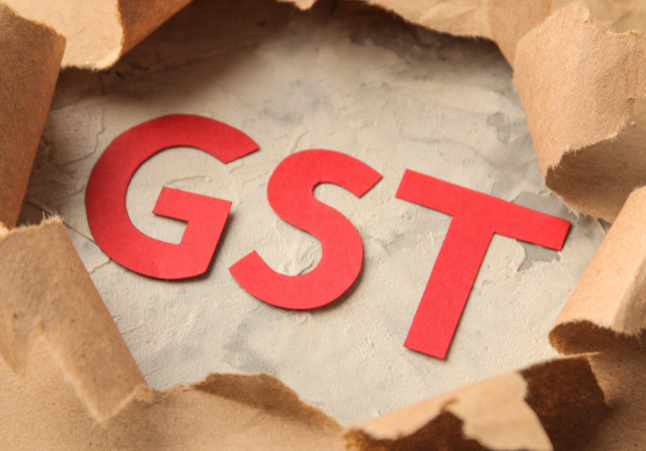Decision deferred on reduction in tax on health insurance premium
The panel deferred the much-awaited decisions on reducing tax rate over life and health insurance premiums as also on levying tax over food delivery by app-based platforms such as Swiggy, Zepto, and Zomato.
Currently, GST is a four-tier tax structure with slabs at 5, 12, 18 and 28 per cent. Luxury and demerit goods are taxed at highest bracket of 28 per cent, while packed food and essential items are at the lowest five per cent slab. GST rates and exemptions are prescribed on the suggestions of the GST Council, a Constitutional body comprising representatives from states / UTs and the Centre.
The 55th GST Council which met under the Chairpersonship of Union Finance Minister Nirmala Sitharaman in Jaisalmer, Rajasthan on December 21 has decided to reduce the goods and services tax (GST) on fortified rice kernel to 5 per cent. The Council also decided to exempt GST on gene therapy in order to reduce its cost and promote its adoption as well as further research.
The Council decided to levy an 18 per cent GST rate on the margin value on sale of used electric vehicles (EVs) by businesses and on old vehicles. The tax panel said GST will be exempted on the sale of used cars between individuals.
The GST Council clarified on the taxability of popcorn, saying caramel popcorn will continue to attract tax at the rate of 18 per cent. The panel also clarified that pre-packed and spiced popcorn will attract a 12 per cent tax rate, while five per cent will be levied on unpacked and unlabelled ones.
The panel deferred the much-awaited decisions on reducing tax rate over life and health insurance premiums as also on levying tax over food delivery by app-based platforms such as Swiggy, Zepto, and Zomato.
Currently, GST is a four-tier tax structure with slabs at 5, 12, 18 and 28 per cent. Luxury and demerit goods are taxed at highest bracket of 28 per cent, while packed food and essential items are at the lowest five per cent slab. GST rates and exemptions are prescribed on the suggestions of the GST Council, a Constitutional body comprising representatives from states / UTs and the Centre.
The Council also decided to form a Group of Ministers (GoM) to consider allowing states to levy cess under GST to overcome financial distress after natural calamities. Briefing media after the meeting, the Finance Minister said, “Everybody agreed, even Andhra Pradesh’s minister agreed that a Group of Ministers be formed and Uttar Pradesh, West Bengal, Telangana, volunteered (to be a part of it).”
The GoM will decide what this cess should be named, whether every disaster can be given a consideration. “So the Group of Ministers will decide on all these details and then the council will decide,” Sitharaman said.
Earlier, Andhra Pradesh Finance Minister Payyavula Keshav said that there was a consensus that a GoM be formed to look into the demand for a 1 per cent calamity cess on certain luxury goods.
“The cess will be on luxury items and state specific levy,” Keshav said. In September-October, Andhra Pradesh was hit by floods. “To give us a leverage to come back to normalcy, we have suggested a 1 per cent cess. There was a general consensus to set up GoM,” Keshav said. The GST law provides for levy of special taxes for a specified period to raise additional resources during any natural calamity or disaster.

Earlier in 2018, the GST Council had decided to set up a GoM to look into similar demand made by Kerala. The GoM in January 2019 decided to approve the levy of 1 per cent ‘calamity cess’ by Kerala for a period of two years to fund rehabilitation work in the state hit by floods. The goods and services that faced the 1 per cent cess were decided by Kerala.
One issue on which states did not agree with the Finance Minister was bringing aviation turbine fuel (ATF) under the ambit of GST. “States did not feel comfortable. They didn’t want the ATF because they saw it as part of the crude petroleum diesel basket, and therefore they said that it alone cannot be taken out, and therefore that continues to remain where it is today,” said Sitharaman while briefing media.
Currently, state governments choose how to tax ATF. Airlines have been lobbying to include it in the GST regime so the levy is the same nationwide, but state authorities have opposed that, fearing they could lose revenue.







